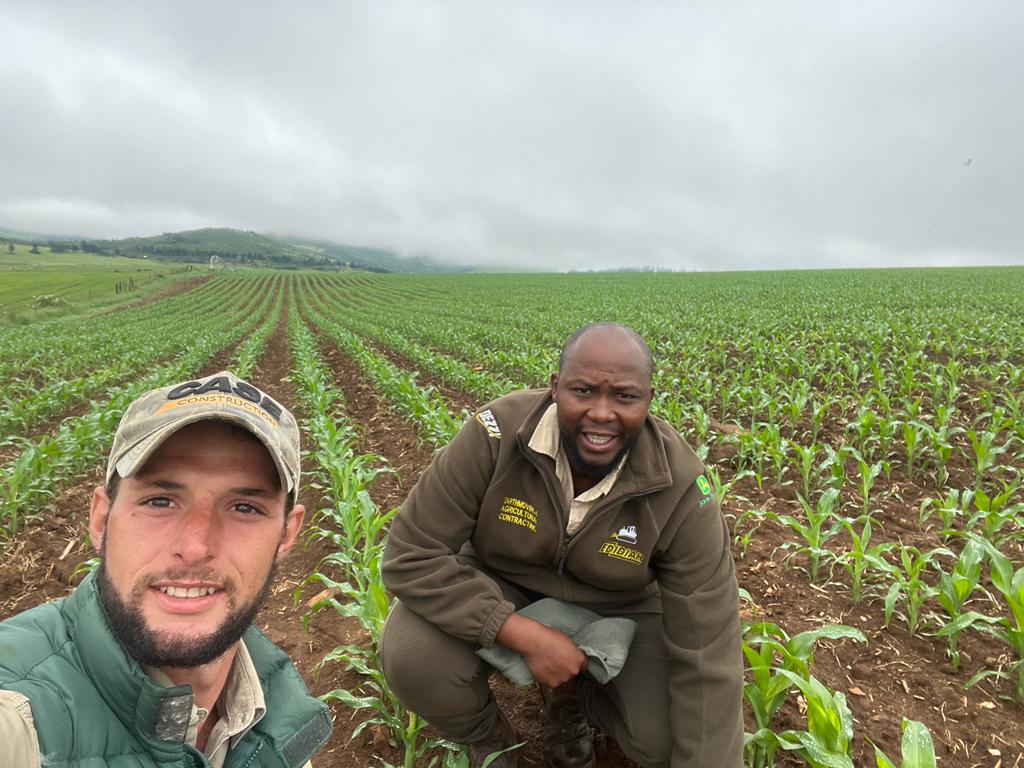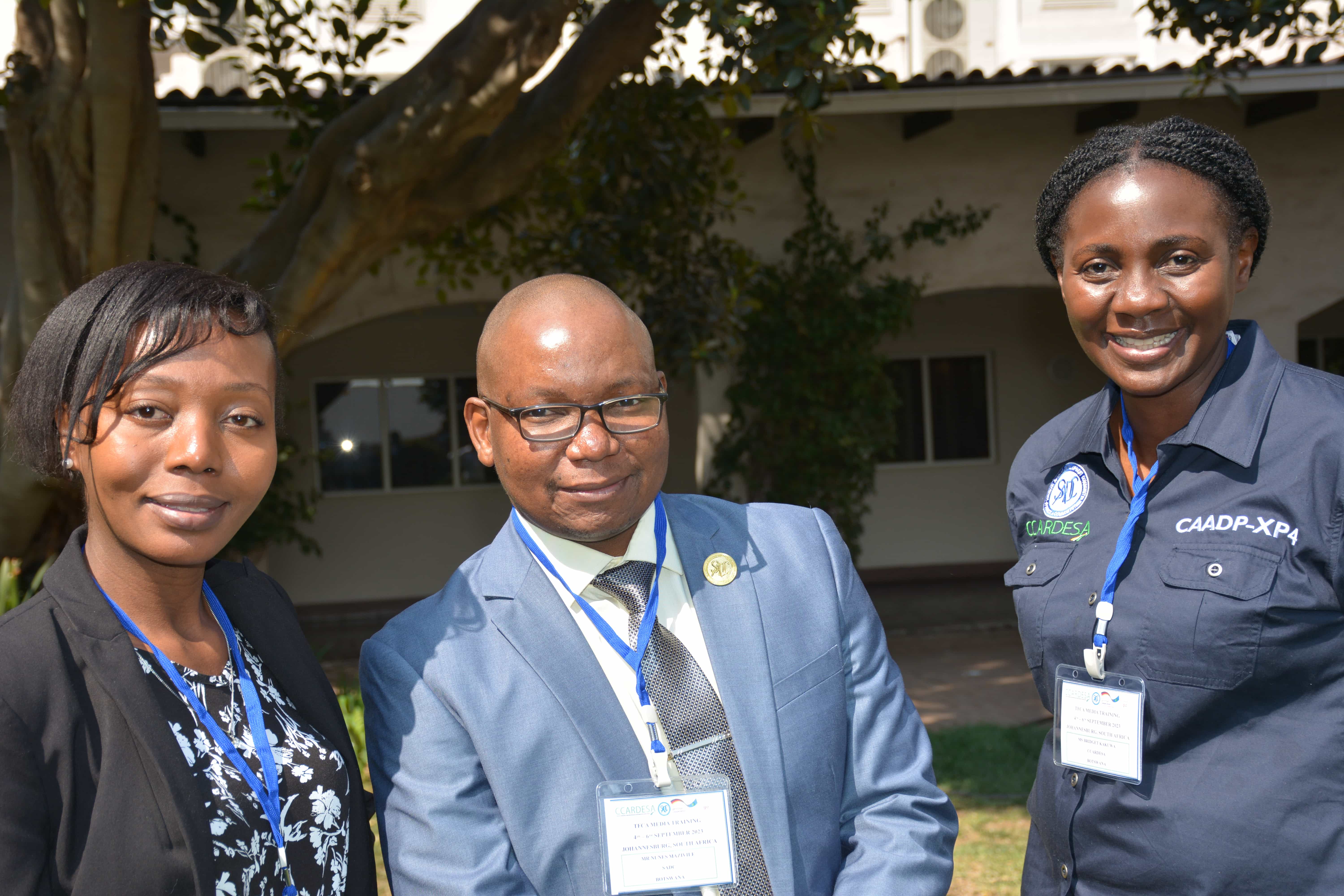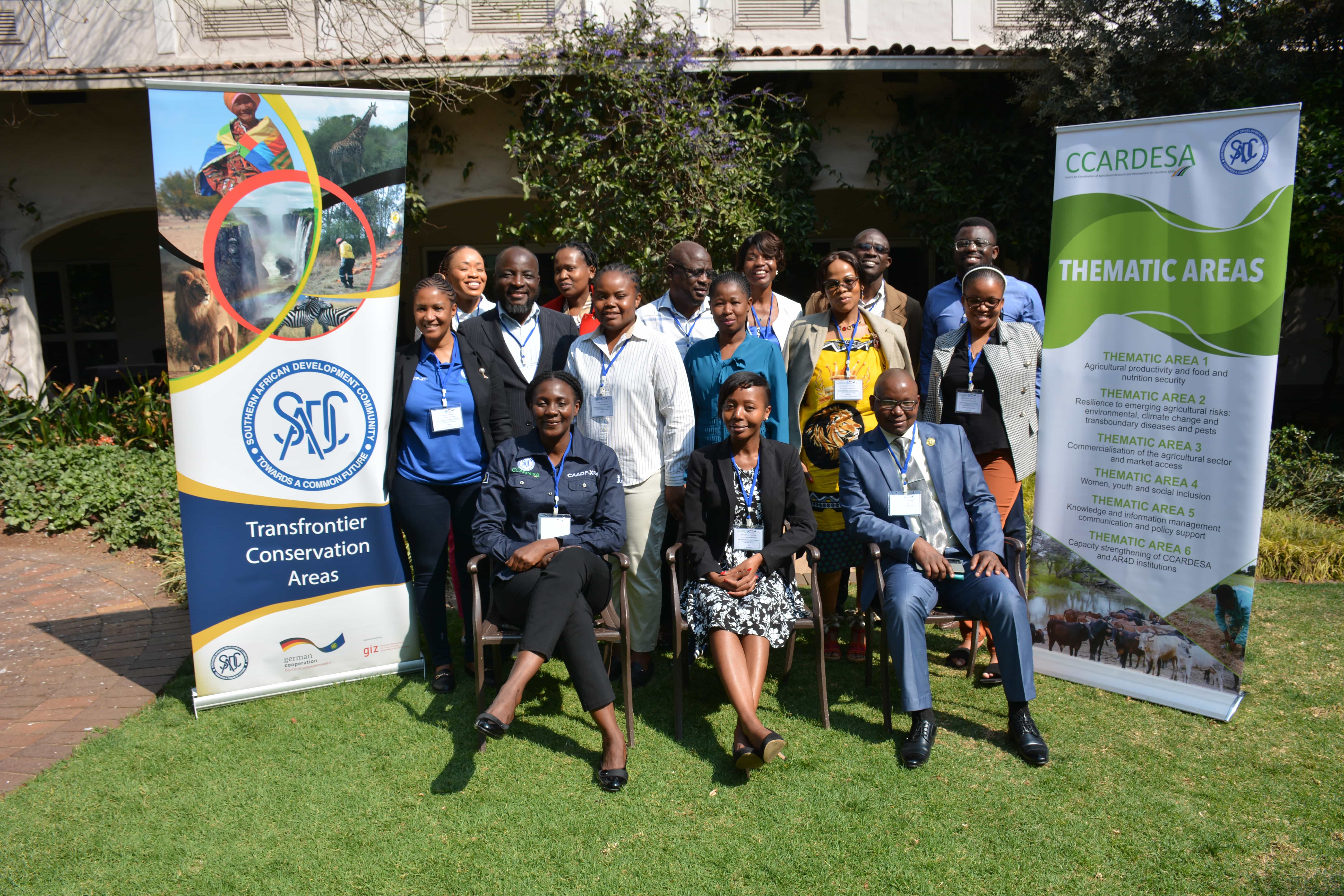Sustainable farming as a viable option for enhanced food security and a sustainable productive resource base
The Government of South Africa, through the Department of Environmental Affairs, has set up the Green Fund to support the transition to a low-carbon, resource-efficient and pro-employment development path. The Green Fund supports green economy initiatives, including research, which could advance South Africa’s green economy transition. In February 2013, the Green Fund released a request for proposals (RFP), ‘ Research and Policy Development to Advance a Green Economy in South Africa’, inviting interested parties with relevant green economy research projects to apply for research funding support. The RFP sought to strengthen the science-policy interface on the green economy by providing an opportunity for researchers in the public and private sectors to conduct research which would support green economy policy and practice in South Africa. Sixteen research and policy development grants were awarded in 2013. This peer-reviewed research report series presents the findings and policy messages emerging from the research projects.
Green Economy Research Report, Green Fund, Development Bank of Southern Africa, Department of Environment Affairs








